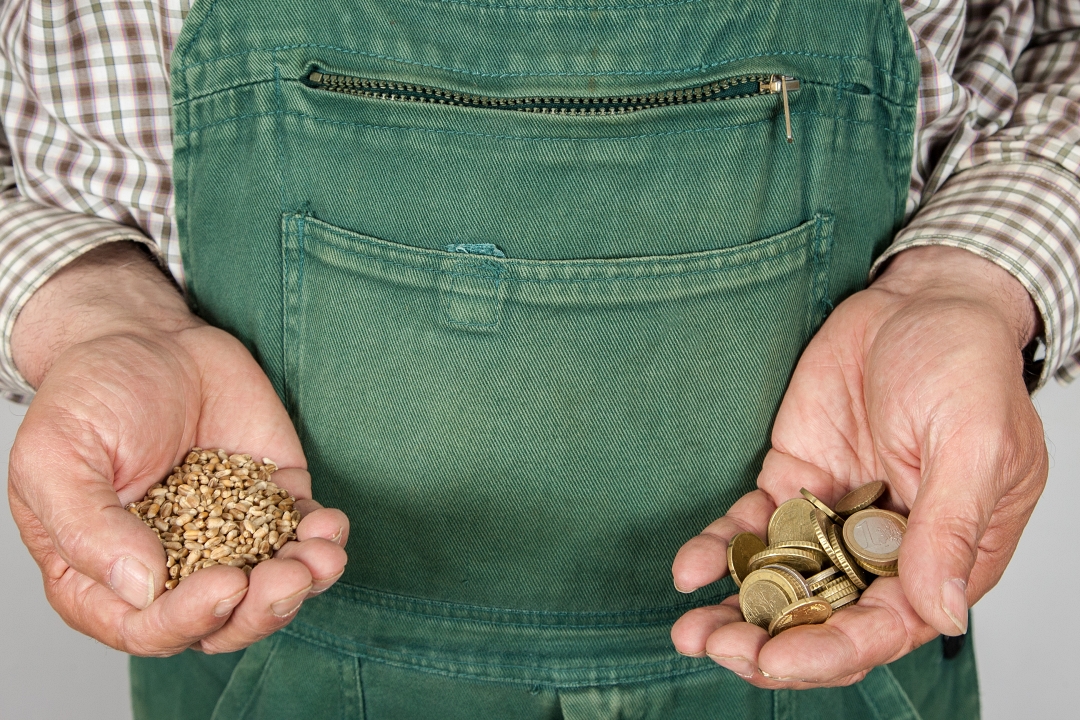
Tuesday, April 25, 2023
Frail Solidarity
The most recent tension in the EU is about grain, although it has larger, geopolitical implications. Specifically, there is a large influx of grain on the EU market which caused the prices to go down and severely impact the Eastern European farmers’ income. Some of the countries affected decided to unilaterally ban Ukrainian products from entering their territory, which is straining relationships with their neighbor and violating EU law.
Following Russia’s illegal invasion of Ukraine last year and its control of Ukrainian ports in the Black Sea, the European Union offered to help Ukraine export its products by opening up so-called ‘solidarity lanes’- meaning it allowed Ukrainian grain, fruit, vegetables and poultry to transit EU territory without the usual tariffs. The problem is that these products then remained in the EU market instead of being shipped further to Africa and the Middle East, the intended destinations. This oversupply caused prices to drop significantly, and the farmers and producers affected in Poland, Romania, Bulgaria, Slovakia and Hungary starting protesting. In response, the governments in each of these countries (and especially in those preparing for elections, like Poland and Slovakia) have either already implemented a ban or are seriously considering it. After a few bilateral meetings between the Eastern European governments and Kyiv, transit is again allowed but only in sealed containers and tracked.
The European Commission stepped in to mediate the tension. Officials highlighted that according to the treaties, trade is an exclusive competence of the European Union as a whole, so unilateral actions taken by some Member States are breaking that rule and endangering the single market. However, sanctions are not the answer, so instead the Commission has offered €56 million in aid to the farmers in the five European countries, with €100 million more on the way. It is also working jointly with the Eastern bloc to come up with a solution which can be implemented EU-wide.
The European Union Agriculture Ministers met today in Council format and expressed their continued support for Ukraine. At the same time, they asked for a thorough analysis of the impact of imports from Ukraine and they agreed that this issue requires a coordinated approach at EU level. The Ministers sent out a clear message of unity and of willingness to find solutions which would not compromise EU's solidarity with Ukraine.
While the European Christian Political Movement remains in solidarity with the Ukrainian people and prays continually for their peace and territorial integrity, we can acknowledge that our own farmers have a reason for their discontent, and we support their right to have their voices heard. Additionally, poor countries in Africa or countries in the Middle East which are the originally intended recipients of this grain are struggling with shortages and would greatly benefit from these products reaching their borders. If ahead of the next harvest season we can find consensus and solutions to ensure Ukrainian grain and foodstuffs reach the places on this globe which most need them, in transit via European safe corridors, we believe everybody wins.